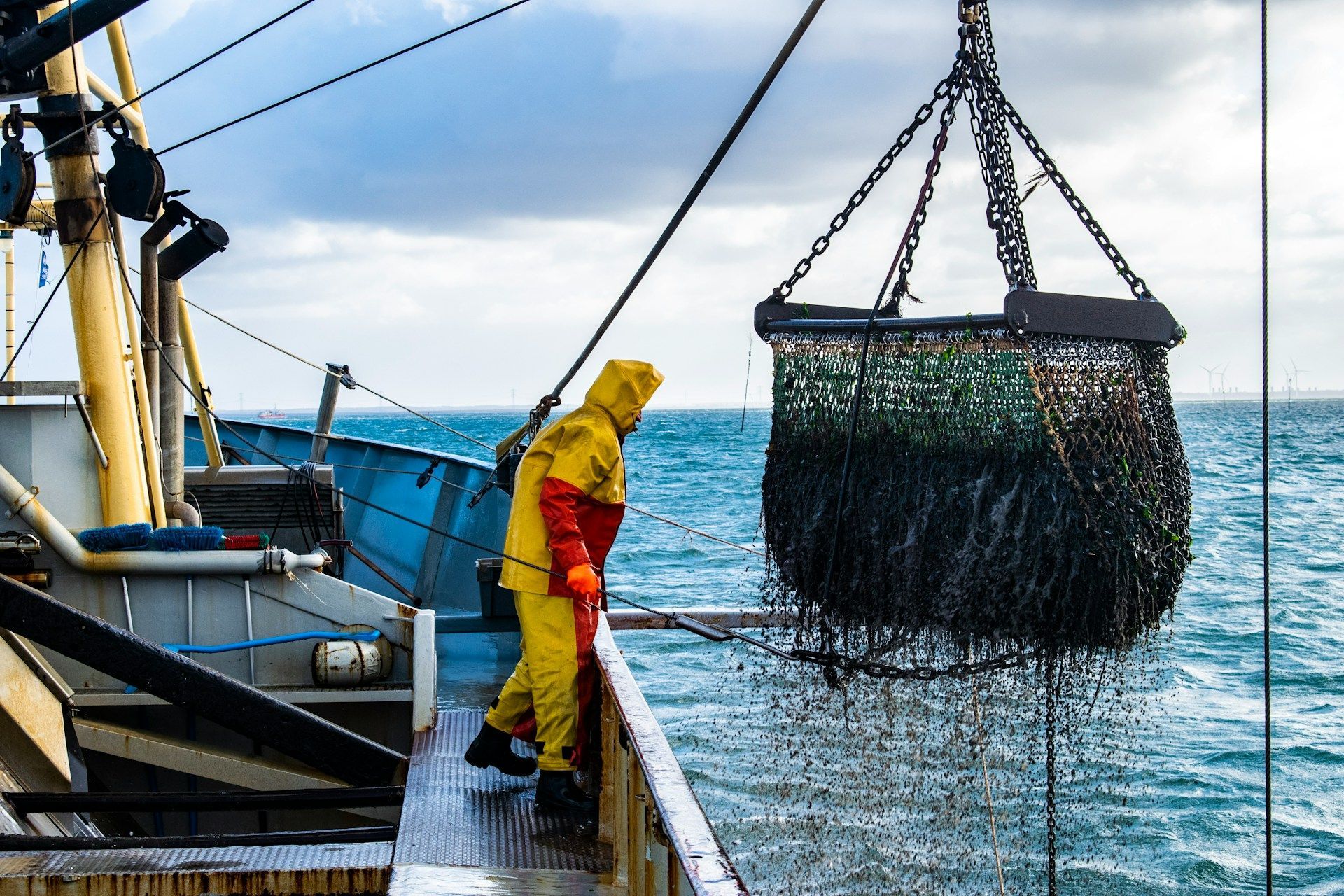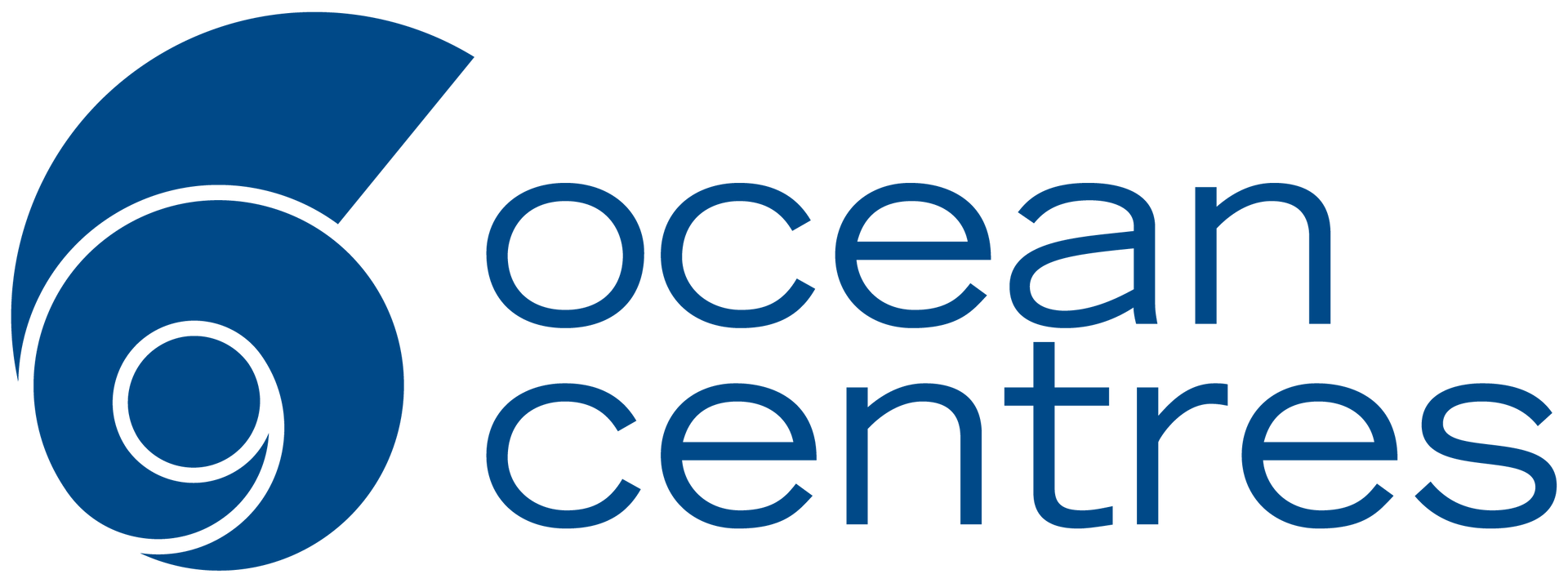
general information
Estimate Nominal GDP
(2024): $ 1.395 trillion
Estimate GDP from the Ocean Economy
(2023) 3,9% of total GDP
General Coastline
81,290 km
Estimate Population
(2024): 281.603.800
Registered In-Country Companies
approximately 50.000
UN Global Compact Participants by April 2025
175

overview
Indonesia shows strong potential for advancing ocean sustainability, backed by government support for the Ocean Centres initiative, a dynamic shipping sector, and its position as the world’s second-largest seaweed producer. The Scoping Phase identified key challenges, including weak policy implementation, fragmented stakeholder engagement, and inconsistent safety standards. Despite these, growing momentum in the sustainable blue economy offers opportunities for innovation, workforce training, and improved safety. Strengthening enforcement, expanding cross-sector collaboration, and adopting new technologies will be essential to unlock Indonesia’s full potential for a safe and sustainable ocean economy.
Advancing a Safe and Sustainable Ocean Economy in indonesia
The Scoping Phase aimed to provide a comprehensive overview of Indonesia’s maritime governance landscape, identifying safety challenges and laying the foundation for the Ocean Centre in Indonesia. It assessed gaps in current systems and proposed pathways for improvement aligned with international maritime standards.
Key challenges include limited policy implementation, fragmented stakeholder engagement across regions, and inconsistent safety standards for maritime activities. Weak law enforcement, high levels of informality, and limited resources for oversight further constrain progress—especially in ensuring worker safety across the vast maritime domain.
Nonetheless, Indonesia presents strong potential. The country benefits from government backing, a highly active shipping sector that boosts connectivity, and its status as the world’s second-largest seaweed producer. These strengths create promising opportunities for developing sustainable marine industries and scaling the blue economy.

An unexpected insight was the rapid growth of Indonesia’s sustainable blue economy sector. However, this progress is hindered by weak safety standards and low stakeholder awareness, underscoring the need to strengthen safety culture and regulatory enforcement to sustain long-term growth.
Opportunities to address these challenges include leveraging policy support, expanding private sector and civil society participation, investing in workforce training, and adopting new technologies for monitoring and compliance. International cooperation can also play a key role in strengthening institutional capacity and improving safety outcomes.
The priorities of indonesia’s Ocean Centres across the four Action Areas are ranked as follows:
1
Shipping &
Ports
2
Fishing & Aquaculture
3
Offshore
Renewables
4
Finance &
Investment
National-level outcomes are expected to include stronger safety leadership, enhanced local capacity, improved protection for ocean workers, and effective multi-stakeholder collaboration. These outcomes will help ensure Indonesia’s ocean economy grows sustainably with safety at its core.
Globally, Indonesia’s Ocean Centre will contribute to a unified network advancing ocean safety, innovation, and sustainability. Alongside other Centres, it will amplify the voice of the Global South and foster long-term environmental and economic resilience across the global ocean economy.
We believe that, at a global level, the Ocean Centres initiative will strengthen food security, port efficiency, clean energy development, and biodiversity protection. As hubs for sustainable ocean stewardship, they will drive long-term economic and environmental benefits through collaboration, innovation, and investment.
OCEAN CENTRES, indonesia
local guidances
Shipping & Ports
Fishing & Aquaculture
Offshore Renewables
Finance & Investment
local news
List of Services
-
Designing sustainable ocean infrastructure using reliability based design optimization: a case study of three-legged jacket offshore platform IndonesiaDesigning sustainable ocean infrastructure using reliability based design optimization: a case study of three-legged jacket offshore platform
-
Effects of Water Quality on Ectoparasite Prevalence and Intensity in the Nile Tilapia (Oreochromis niloticus) Aquaculture with Different Feeding Strategies IndonesiaEffects of Water Quality on Ectoparasite Prevalence and Intensity in the Nile Tilapia (Oreochromis niloticus) Aquaculture with Different Feeding Strategies
-
Examining the role of Indonesian major fishing ports on contributing to ocean macroplastic pollution IndonesiaExamining the role of Indonesian major fishing ports on contributing to ocean macroplastic pollution
-
Opportunities in Indonesia: Trade Report for the Ministry of Foreign Affairs of the Republic of Estonia IndonesiaOpportunities in Indonesia: Trade Report for the Ministry of Foreign Affairs of the Republic of Estonia
-
The Contribution Of United Nations Industrial Development Organization (UNIDO) In Sustainable Fisheries Development In Indonesia 2019-2023 IndonesiaThe Contribution Of United Nations Industrial Development Organization (UNIDO) In Sustainable Fisheries Development In Indonesia 2019-2023
-
Transformation of Indonesian capture fisheries governance: Review and prospects IndonesiaTransformation of Indonesian capture fisheries governance: Review and prospects
-
Volumetric, embodied and geologic geopolitics of the seabed: offshore tin mining in Indonesia IndonesiaVolumetric, embodied and geologic geopolitics of the seabed: offshore tin mining in Indonesia
-
Water quality and plankton diversity to support aquaculture in the middle Mahakam Watershed, East Kalimantan, Indonesia IndonesiaWater quality and plankton diversity to support aquaculture in the middle Mahakam Watershed, East Kalimantan, Indonesia
local Events
List of Services
-
8th Indonesia Marine & Offshore Expo 2025 Indonesia8th Indonesia Marine & Offshore Expo 2025
-
International Trade Fair for Maritime & Offshore Industry (INAMARINE Surabaya) IndonesiaInternational Trade Fair for Maritime & Offshore Industry (INAMARINE Surabaya)
-
The 7th INDO Marine 2024 Expo & Forum IndonesiaThe 7th INDO Marine 2024 Expo & Forum




